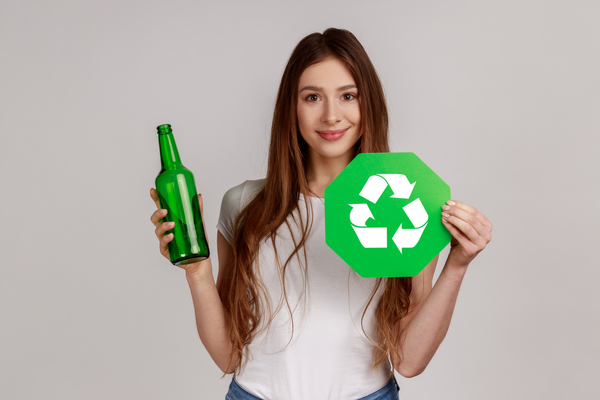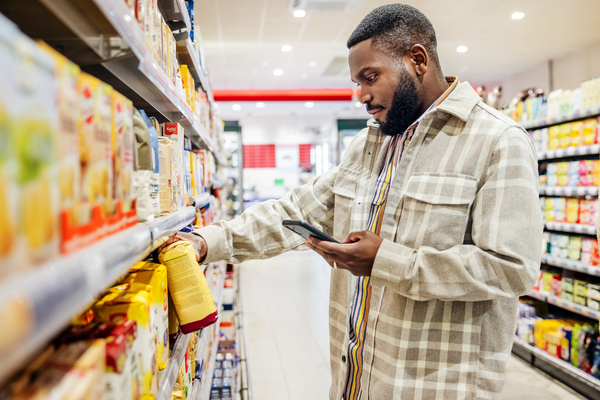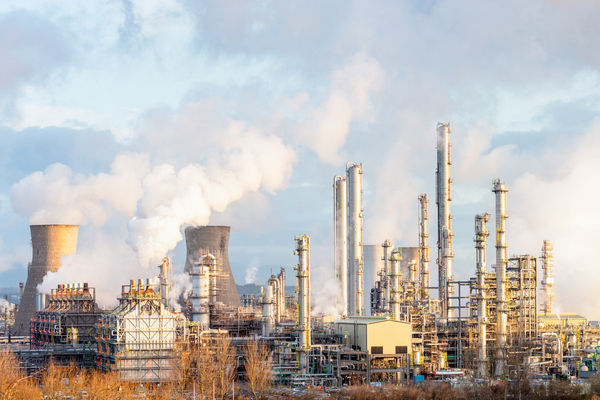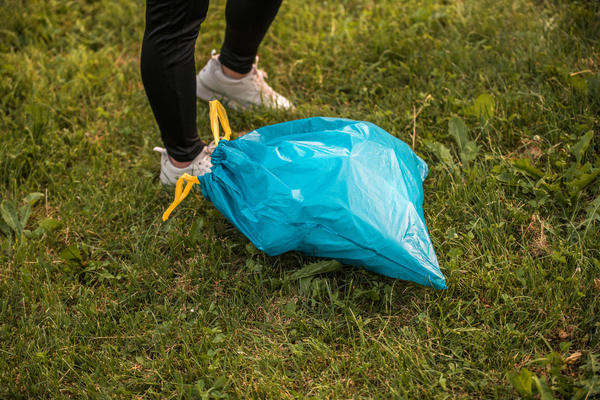An environmentally friendly innovation that’s set to revolutionise food packaging
Sponsored by arjowiggins
Single-use plastic, a major source of pollution on every corner of the planet, has been vital to the food industry worldwide as it keeps products fresh and protected in the supply chain, on the supermarket shelf and in consumers’ homes.
However, brands are coming under increasing consumer pressure to reduce, remove or replace plastic due to environmental concerns, and while some progress has been made, until now there have been no credible alternatives available. A major change in the way we package food requires the development of a truly innovative product that delivers the same performance as plastic. Without other viable options, brands could not change their packaging due to the risk of supply chain disruption and increased food waste.
World-renowned paper manufacturer Arjowiggins has announced a revolutionary new product called Sylvicta, which is just the sustainable material manufacturers have been waiting for, and which is set to revolutionise the food packaging market.
“A key advantage that plastic brings to food packaging is that it prevents oxygen from getting into contact with the food,” explains Christophe Jordan, Managing Director of the Translucent Paper business at Arjowiggins. “This ensures maximum freshness throughout the supply chain right through to the point of consumption. Our highly skilled and experienced R&D teams have developed a translucent paper, Sylvicta, which also provides a more effective barrier to oxygen than plastic, as well as a barrier to mineral oils and fatty foodstuffs. At last, food brands have an alternative packaging option which will protect food as effectively as plastic, without the negative effects on the environment.”
The following is an illustration of the oxygen barrier provided by Sylvicta compared to plastics:
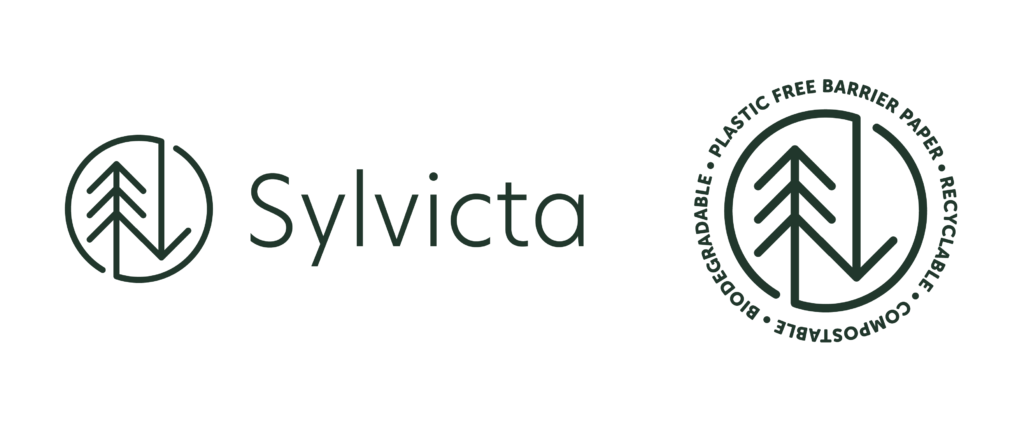
Sylvicta is entirely recyclable, compostable, and marine biodegradable, thanks to being manufactured from renewable raw materials supplied from protected forests under the FSC and PEFC schemes. Unlike other such products on the market, the manufacturing process does not use harmful chemicals to achieve its translucency and functionality. Sylvicta is made to the highest standards – it is food-contact approved according to the definitions of the European Food Safety Authority and the Food and Drug Administration (USA).
Innovation through collaboration
Tapping into the wealth of experience available in the industry is key to pushing the boundaries of sustainable packaging solutions. Arjowiggins has done this through collaborations with various players in the packaging supply chain.
“For our translucent barrier paper to be used in the current packaging lines producing pouches, sachets and flow wraps, we need partners to further extend the inherent functionalities of Sylvicta,” Jordan explains. “A perfect example of this is our collaboration with cutting-edge UK converter Sirane, which has worked with us to develop ultra-high barrier packaging options by adding high-moisture protection and heat-sealability properties. We have also worked with other specialised converters to add metallisation to achieve even higher barrier properties. The true innovation is that these are all entirely sustainable solutions.”
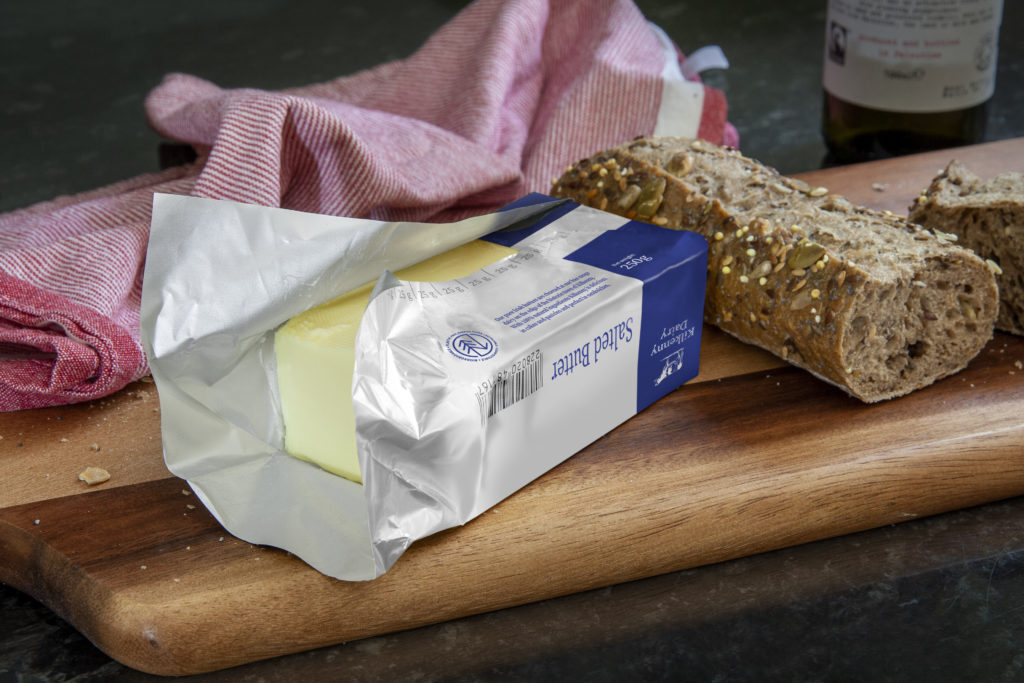
A prime example of how Sylvicta can enable brands to respond to the increasing consumer concern over non-recyclable packaging is the wedge sandwich pack, recently placed in the spotlight by the BBC’s programme War on Plastic. These sandwich skillets are made from paper board laminated with a plastic film, to preserve freshness and create a window in the packaging.
While recent developments have seen brands creating a window that can be peeled off, in practice the consumer is unlikely to carry out this extra step in the recycling process. A sandwich skillet made with Sylvicta, however, not only offers translucency so that the consumer can still see the sandwich. It can also extend the shelf life, helping to reduce food waste, and can go straight into the paper recycling bin.
Evolving consumer attitudes mean that the public wants to be part of the solution and will embrace certain trade-offs when the protection of the planet is at stake. “Take France,” says Jordan. “Over the last eight years, the vast majority of open fridges in the supermarkets have been replaced by doors requiring extra effort to open – which could have had a negative effect on sales, but has had no apparent impact while achieving massive CO2 savings. The minor trade-off of paper not having quite the same levels of transparency as plastic is not thought to be a deterring factor for the environmentally conscious consumer.”
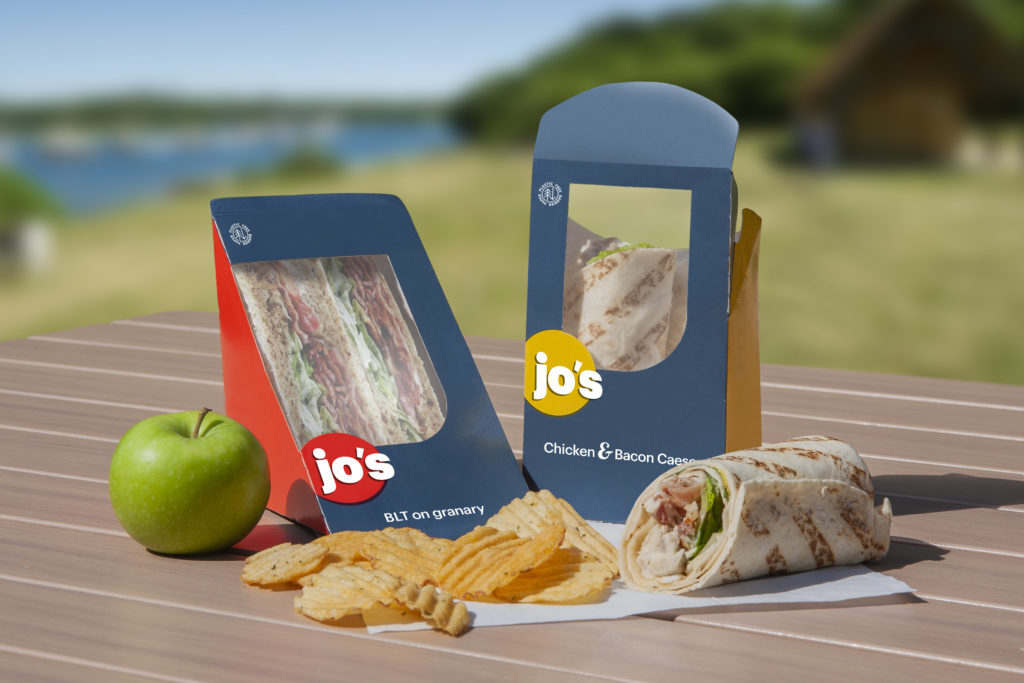 Arjowiggins
Arjowiggins
Business Reporter Team
Related Articles
Most Viewed
Winston House, 3rd Floor, Units 306-309, 2-4 Dollis Park, London, N3 1HF
23-29 Hendon Lane, London, N3 1RT
020 8349 4363
© 2025, Lyonsdown Limited. Business Reporter® is a registered trademark of Lyonsdown Ltd. VAT registration number: 830519543
